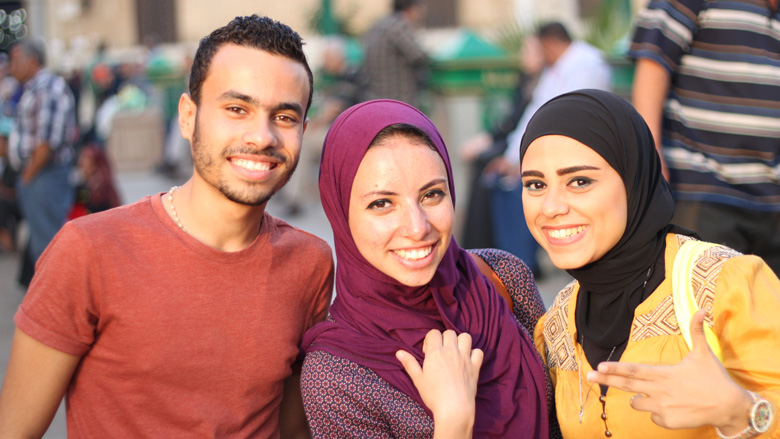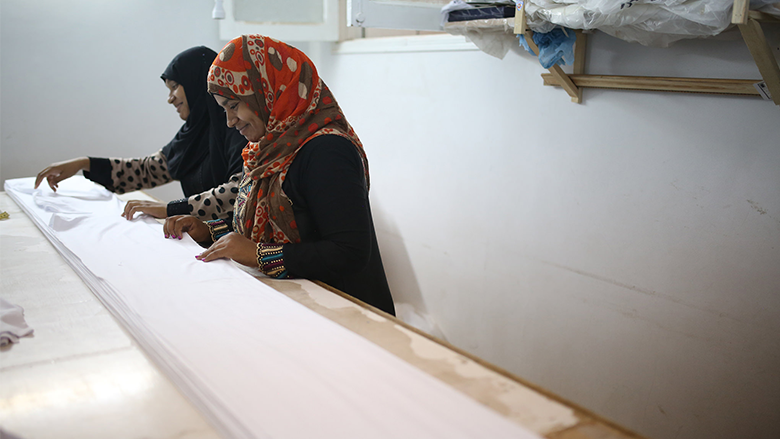Egyptian women represent 50% of the country’s population. A number of global studies confirm that businesses and companies that close their gender gap enjoy increased profitability. This means that when more women work, economies grow.
Egypt-specific findings show that that if female labor participation rate matched that of males’, GDP would increase by 34%. Additionally, findings related to the Egyptian financial sector suggest that women’s participation – especially at the executive and board levels – appears associated with greater financial resilience and bank stability. Those findings also suggest that ensuring women’s active participation in economic activity is essential for Egypt to achieve its vision 2030. However, women remain underrepresented at every level of the corporate pipeline, with the greatest disparity at senior levels of leadership.
Providing women with a hospitable work environment will boost their participation in the economy and have to positive spillover effect that will improve the human capital outcomes of the country at large. Despite the huge potential Egyptian women have in strengthening their country’s private sector and overall economy, they still face myriad hindering factors that stop them from fulfilling that potential, such as culture barriers and workplace policies that are preferential to males. The World Bank’s 2019 Women Economic Empowerment study showed that while women are better represented in the Government and public sectors, as only 18% of the female workforce is employed in the private sector (compared to 36% in the government and public sectors combined). Furthermore, women, on average, get paid 34% less per hour than their male counterparts and are under-represented in boards of companies (9.7%) as well as in managerial positions (7.1%).
In efforts to promote, incentivize, and institutionalize gender equity in the Egyptian private sector, the World Bank partnered with the National Council for Women with the support of the UK embassy in Egypt to revive the Egyptian Gender Equity Seal (EGES) certification. This model promotes gender equity in the private sector by building a series of good practices in the areas of (i) recruitment; (ii) career development; (iii) family-work balance; and (iv) sexual harassment policies. It is guided by the World Bank’s Gender Equity Model (GEM), which identified the areas of focus and mapped out the needed actions to accomplish the model’s objectives in each area.


